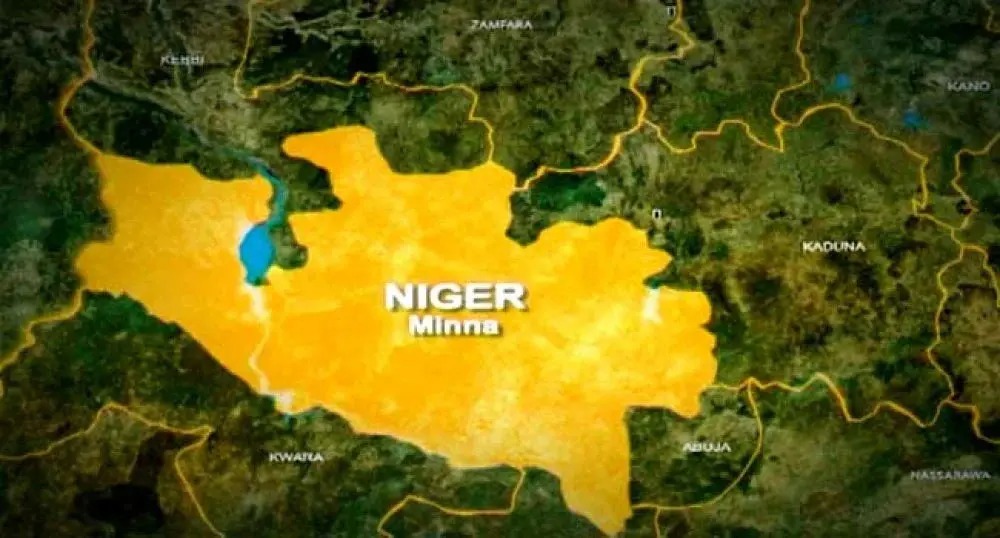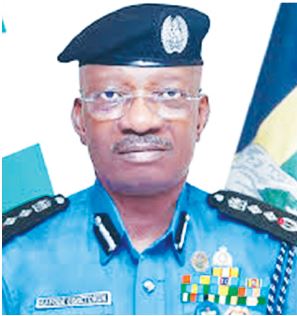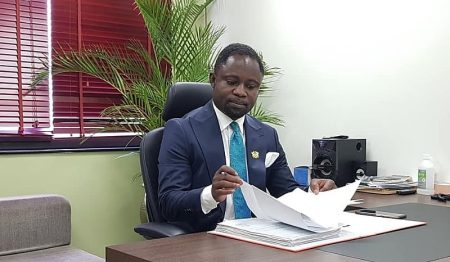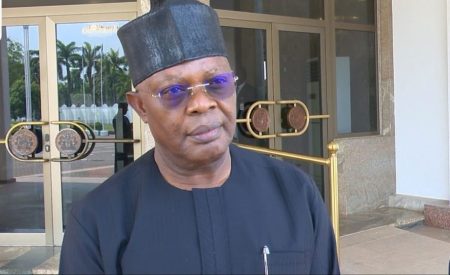The Niger State Ministry of Works and Infrastructural Development found itself embroiled in a controversy with Prestige FM, a state radio station, over allegations of voice cloning and fabricated accusations. The dispute stemmed from a news report aired by Prestige FM, where Governor Mohammed Bago was purportedly quoted criticizing the Ministry’s engineers, consultants, and contractors for alleged sharp practices in ongoing road construction projects. The Ministry vehemently denied the report, accusing the radio station of manipulating technology to clone the governor’s voice and create a false narrative.
Ismaila Favu, the Public Relations Officer of the Ministry, issued a statement refuting the allegations and condemning the radio station’s actions. He described the report as misleading, mischievous, and aimed at tarnishing the image of the Ministry and its stakeholders. Favu insisted that the governor never made such remarks and accused the journalist of employing advanced technological tools to mimic the governor’s voice and lend credibility to the fabricated story. He further alleged that the report was a calculated attempt to blackmail Ministry officials and contractors.
Prestige FM, however, stood by its story. Mustapha Bina, the News Editor, asserted possession of both audio and video recordings of the governor’s purported remarks. He expressed outrage at the Ministry’s accusations of voice cloning, dismissing them as baseless. Bina emphasized that reputable media outlets would never resort to such unethical practices, particularly involving a state governor. He maintained that the recordings were readily available in the public domain and challenged the Ministry’s claims.
The controversy escalated as both sides traded accusations and counter-accusations. The Ministry reiterated its stance, labeling the report as a product of bad journalism and urging the public to disregard it. Favu emphasized the unethical and unprofessional nature of fabricating stories and stressed the potential for such actions to incite disharmony between the government and its agencies. He questioned the journalist’s motives, suggesting a possible attempt to blackmail officials and contractors involved in the road construction projects.
The clash between the Ministry and Prestige FM highlighted the growing concern over the misuse of technology, particularly voice cloning, in media reporting. The incident raised questions about journalistic integrity and the potential for manipulating audio and video recordings to spread disinformation. The Ministry’s accusations, if proven true, would represent a serious breach of ethical standards and a damaging blow to the credibility of the radio station. Conversely, if the radio station’s claims were substantiated, it would reveal a significant flaw in the Ministry’s oversight of the road construction projects and potentially implicate officials in corrupt practices.
The controversy underscored the importance of verifying information and exercising caution in accepting news reports at face value. The incident served as a reminder of the need for responsible journalism and the critical role of media outlets in disseminating accurate and unbiased information. The allegations of voice cloning raised serious concerns about the potential for misuse of technology and the need for robust safeguards to prevent the manipulation of audio and video recordings. The incident also highlighted the challenges faced by government agencies in maintaining transparency and accountability in their operations, particularly in sensitive areas such as infrastructure development.














